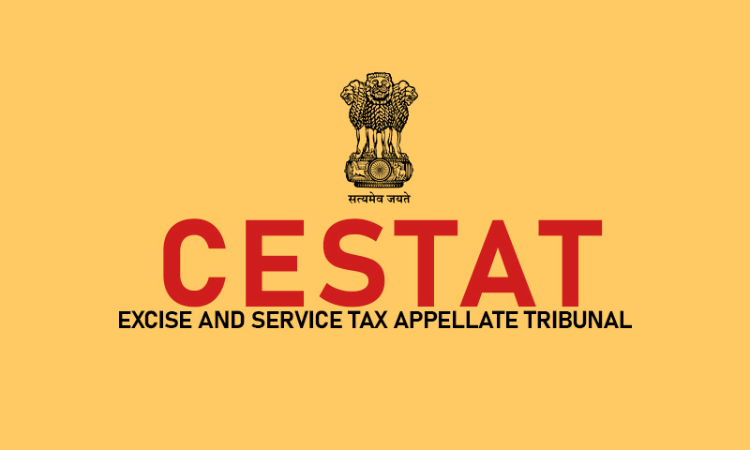Not a bonfide importer, Paid For Making Forged Licences To Clear Bills of Entry: CESTAT
Mariya Paliwala
17 Nov 2022 8:00 PM IST

Next Story
17 Nov 2022 8:00 PM IST
The Delhi Bench of the Customs, Excise and Service Tax Appellate Tribunal (CESTAT) has found that the appellant has not paid duty to the government exchequer but instead paid a percentage of the amount equivalent to the duty to the firms for making forged licences to clear the bills of entry.The two-member bench headed by Justice Dilip Gupta (President) and P.V. Subba Rao (Technical Member)...
